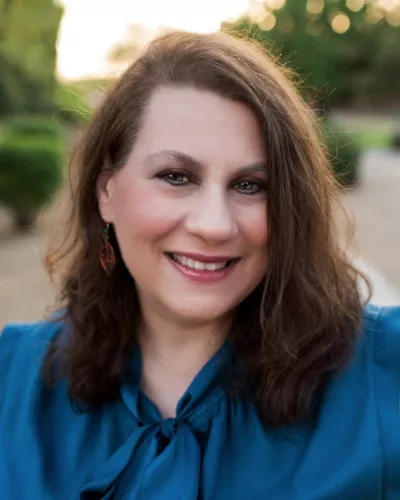Children are curious creatures. They are full of questions from the moment they can talk- that is how they experience and learn about the world. Their favorite word is often why. Unfortunately, it is often the case that once these inquisitive learners enter their formal K-12 education, social studies class is reduced to a list of people, places, and events delivered by the teacher at a rapid pace to get through an often overly full curriculum. State standards often force teachers and students to go from Plato to Nato in the course of an academic year. This approach leaves little room for deep exploration of content and rich discussions.
Inquiry-based learning, especially in social studies, has the power to unleash student curiosity and ignite excitement about history and civics. By learning to investigate questions, students gain a deeper understanding of content and a stronger connection to the material. Inquiry is a process by which students investigate deep, open-ended questions by gathering and evaluating evidence, formulating claim-based arguments, critiquing counterclaims, and communicating their conclusions through various modalities. This can include writing, speaking, and visualizing. Instead of covering material, students uncover content.
The 2018 Arizona History and Social Science Standards and the EAD Roadmap utilize this evidence-based, student-centered approach to teaching and learning history and civics content. The 2018 Arizona standards shifted from coverage of hundreds of performance objectives that only required basic level rote memorization to a set of twenty-one Anchor Standards taught from kindergarten through twelfth grade in increasing levels of complexity. Seventeen of these standards address core content in civics, economics, geography, and history, while the remaining four focus on the inquiry process under the disciplinary skills and processes theme. These standards ask Arizona students to identify, compare, and evaluate multiple perspectives by diverse sources about events and issues, gather, interpret, and use evidence to develop claims and answer historical, economic, geographical, and political questions and communicate those results using relevant evidence. Instead of being passive bystanders in their learning, students are doing the work of historians, economists, political scientists, and geographers. These are the skills needed for students to become active, thoughtful, and prepared participants as citizens of constitutional democracy.
The Educating for American Democracy Roadmap becomes a valuable companion and resource to the work students, and teachers are doing with the standards. The Roadmap offers deep and relevant questions at each grade band for students to explore through the inquiry process. This promotes deep engagement, active learning, and authentic discussions and discourse with the Arizona History and Social Science Standards, which goes beyond the names, dates, and facts that can dominate history and civics teaching and learning. The EAD Roadmap and the Arizona History and Social Science Standards go together, as Forest Gump would say, “like peas and carrots”.
